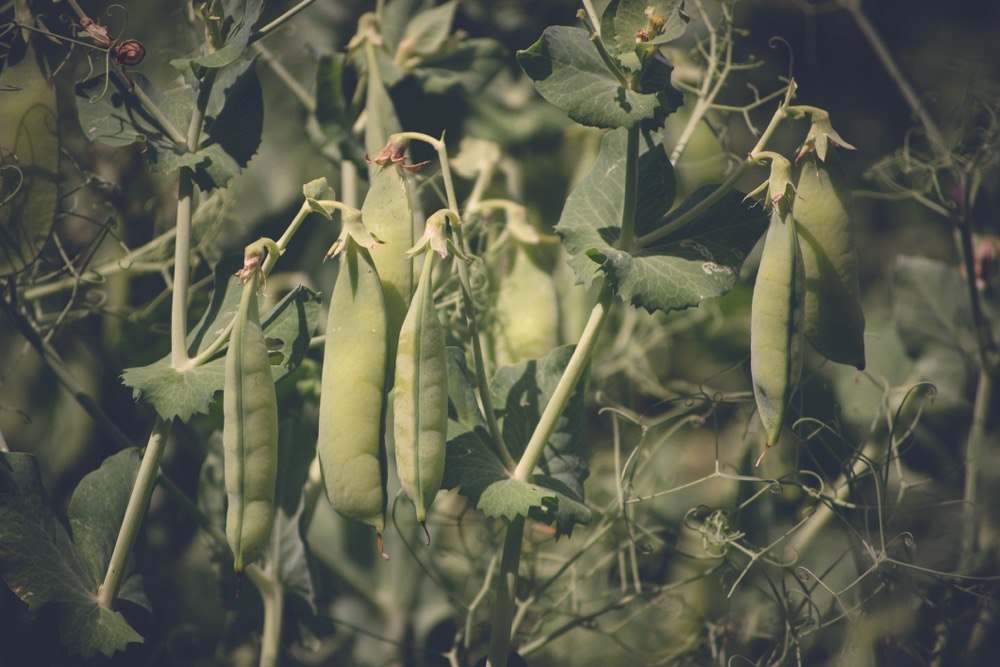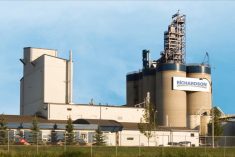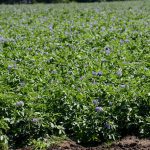CNS Canada –– Like a rock thrown in a lake creates ripples on shore, a new study commissioned by the Canola Council of Canada shows the sector’s impact is growing larger — causing ripples to turn to waves.
Canola’s value to the Canadian economy has tripled over the past decade to $26.7 billion a year, according to an independent analysis compiled by agribusiness research firm LMC International.
The report shows the canola industry generates a total of 250,000 jobs and $11.2 billion in wages for Canadians.
Read Also

Pulse Weekly: Yields coming into focus
Provincial agricultural departments are reporting pulse yields higher than Statistics Canada’s September estimates.
“There’s been a substantial increase in the benefits from canola that are rippling through the Canadian economy,” said Brian Innes, the council’s vice president of government relations. “Compared to the previous three-year period of 2009-2011, the total impact of canola has increased by nearly $6 billion.”
Breaking the headline numbers down, the report showed canola had a direct annual impact on the Canadian economy of $10.9 billion during the 2012-2014 period studied. That direct impact includes farmers growing the crop, processors, elevators, transportation and seed companies among others.
The indirect effects on the economy come from those industries that support the value chain, such as engineers working on a new canola processor, while the induced effects are those which arise from household spending and the service sector — bringing the total economic impact to $26.7 billion.
Of that $26.7 billion total, growing and developing seed accounts for the largest impact at $16.4 billion. Processing is next at $4.7 billion, domestic markets (including vegetable oil and meal for livestock) $3.1 billion, transportation $1.8 billion, elevation $400 million, and port activities $300 million.
A number of factors were cited as contributing to the growth of the canola sector’s economic impact over the past decade including increased production, research and processing.
“The canola value chain is working hard to grow these economic benefits by continuing to increase yields, expand into new markets and build on the advantages of our exceptional products,” said Innes. “Canola’s benefits reach across Canada — it’s a source of great pride for our industry.”
The greatest economic impact was seen in the Prairie provinces, especially Saskatchewan. However, the analysis also showed a sizeable impact on provincial-level economies of the rest of the country.
Saskatchewan saw economic benefits from canola of $12.2 billion, Manitoba $4.2 billion, Alberta $7.1 billion, Ontario $1.5 billion, Quebec $1.1 billion, British Columbia $554 million and the Maritimes $120 million.
Of the 250,000 jobs linked to the sector, the canola industry was directly accountable for over 74,000 jobs. When additional family members are factored into the equation the number of people directly supported by the canola sector rises to nearly 150,000.
Jobs linked to canola have higher-than-average wages, according to the report. The average salary for jobs generated by canola for this three-year period was $62,000, compared to the average Canadian salary of $50,000.
LMC studied 11 distinct links in the canola value chain, and found that most of the resulting economic benefits can be traced back to growing the crop.
On top of providing a substantial proportion of farm family income, canola production leads to investment in research, variety development, equipment, fertilizer, crop protection products and business management services.
— Phil Franz-Warkentin writes for Commodity News Service Canada, a Winnipeg company specializing in grain and commodity market reporting.

















